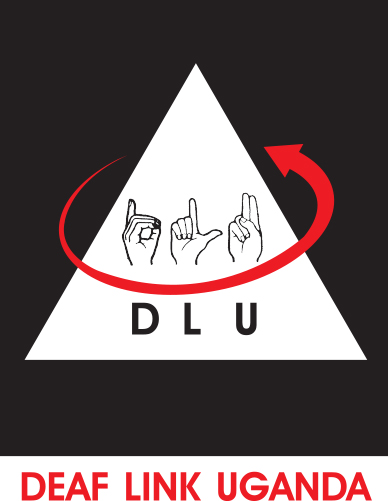Business Enterprise
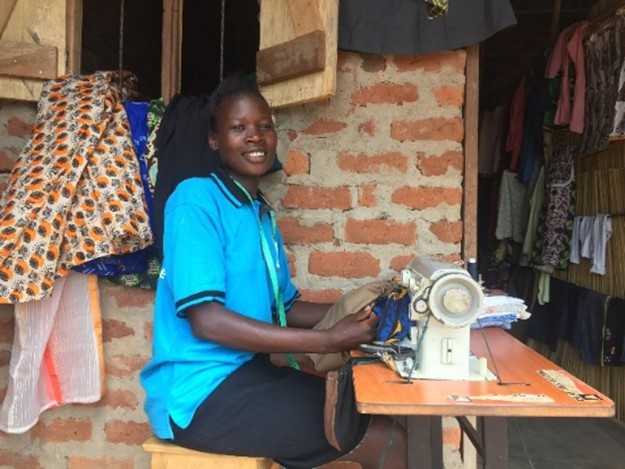
Business Enterprise (BE) aims to boost deaf people’s economic empowerment, provide financial security and literacy as well as increase their visibility in the mainstream labor markets.
In 2010 DLU set up a microcredit project to tackle the marginalization and exclusion of deaf people in private and national microfinance services. The project disbursed loans to eligible self-employed deaf people at low interest rates to support and improve their economic welfare and livelihoods. Training was an integral part of the project, providing knowledge and understanding on credit, saving, book-keeping, etc.
Shared Experiences
In 2001 two deaf sisters living in Namasuba (a Kampala suburb) set up a knitting business having completed two years training at Mumias Secondary School for the Deaf (Kenya). In 2010 they applied for loans to invest in their business; their performance exceeded our expectations with positive outcomes and increased income. During a period of three years, they borrowed a total of 3 million shillings each and re-invested the money to start a home-based poultry farm, selling hens and eggs alongside their knitwear. Micro-credit loans have had far reaching results in improving their livelihoods and providing opportunities for expansion.
DLU-Eastern:
An outreach service in Eastern Uganda where DLU works with deaf people in rural communities, providing various forms of business support to enable the deaf to secure employment. Through sponsorship, young deaf women were enrolled in tailoring courses and, upon successful completion, received startup capital and resources to begin self-employment. The impact is evident in improved livelihoods.
AKELLO
DLU sponsored my tailoring course at Apoolo Na Angor Skills Academy (Bukedea) where I graduated in 2016 after two years training. The organisation provided me a start-up kit with various resources, including a sewing machine to set up a tailoring business in Kachinga village, Ngora district. Over the years, my business has grown, attracting many customers from surrounding villages; I also repair torn clothing and use some of my profits to purchase second-hand clothes for sell. I now have a family of my own and bought a plot of land where I grow food for our consumption. Akello is a role model for deaf and hearing members in her community: admired and respected for her much-needed services.
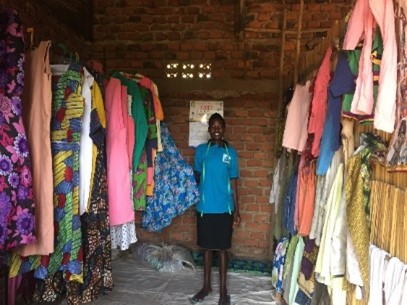
Akello’s tailoring workshop & Customers wait while Akello mends their clothing.
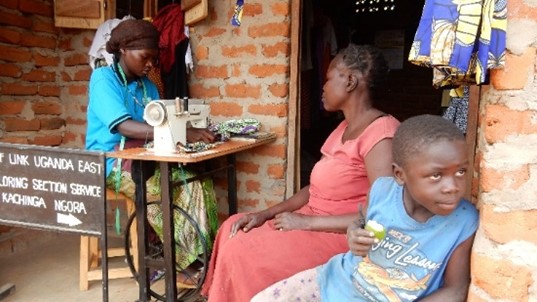
LIMITED CAPITAL:
Majority of Persons with Disabilities (PWDs) have inadequate or no capital at all to set up income generating businesses to attain self-employment. Deaf people are further marginalised due double discrimination, language and communication barriers, leading to high unemployment rates. The few in employment are subjected to low paid jobs subjecting them to life below the poverty line. To address these challenges, DLU set up a Savings & Credit Cooperative Society (SACCO) which required members to collectively contribution capital to increase on their lending capacity. By so doing, individuals are able to access loans from the SACCO.
In 2016 DLU Savings & Credit Cooperative Society (DLU-SACCO) was established comprising forty (40) deaf and hearing members. Registered with the Ministry of Trade and Cooperatives, the SACCO provided avenues for saving and credit, with training incorporated in all activities. Monthly seminars were conducted by qualified instructors from institutions such as Microfinance Support Centre to equip members with financial knowledge and literacy.
Internship Training :

Internship orientation at DLU office
Internship opportunities are provided to young deaf people who have completed formal or non-formal training, enhancing their skills and providing work experience. In 2021 Okurut was provided internship training with a Deaf carpenter in Orapada village (Kumi district). In August he was moved to Kampala for four months’ training with another experienced Deaf carpenter—widening his exposure. I learnt various business skills, which increased my self-confidence. It was a great opportunity!
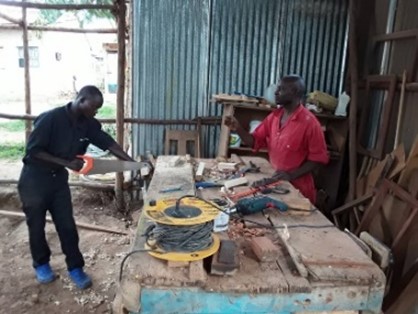

Internship training at a workshop in Salaama, Kampala. Instructor’s comments: Okurut is hardworking and shows enthusiasm to learn. He was able to make furniture for sell within a short time!

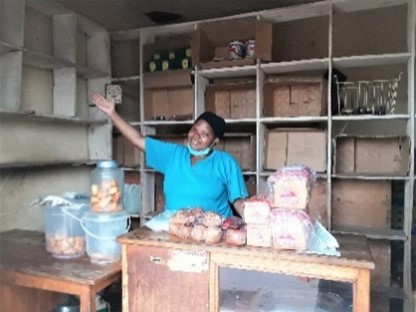
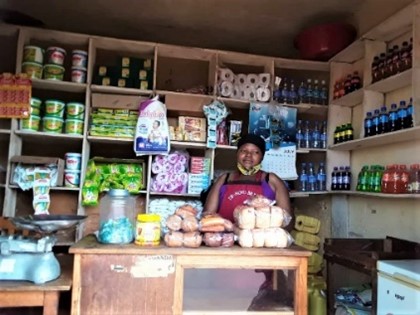
Nakisaka receives loan; visit to her shop with empty shelves; shop re-stocked after loan!
Business Support:
Ssebatta, father of five and a skilled carpenter makes quality furniture for homes and offices. In 2000, he began work at Uganda School for the Deaf as an instructor in carpentry. For twenty years he trained and mentored deaf children, with many setting up their own workshops after school. In 2011 he set up his own business Ssebius Furniture, attracting lots of customers and enabling him expand his business. He continued to train young deaf children, as well as employing deaf carpenters. Besides carpentry, he’s a self-taught free-lance photographer and farmer, which earns him extra income. Ssebatta applied for business support to relocate and build a new carpentry workshop near his home in Salaama, Kampala.


DLU hands over support to Ssebatta with a visit to his new workshop a month later.
